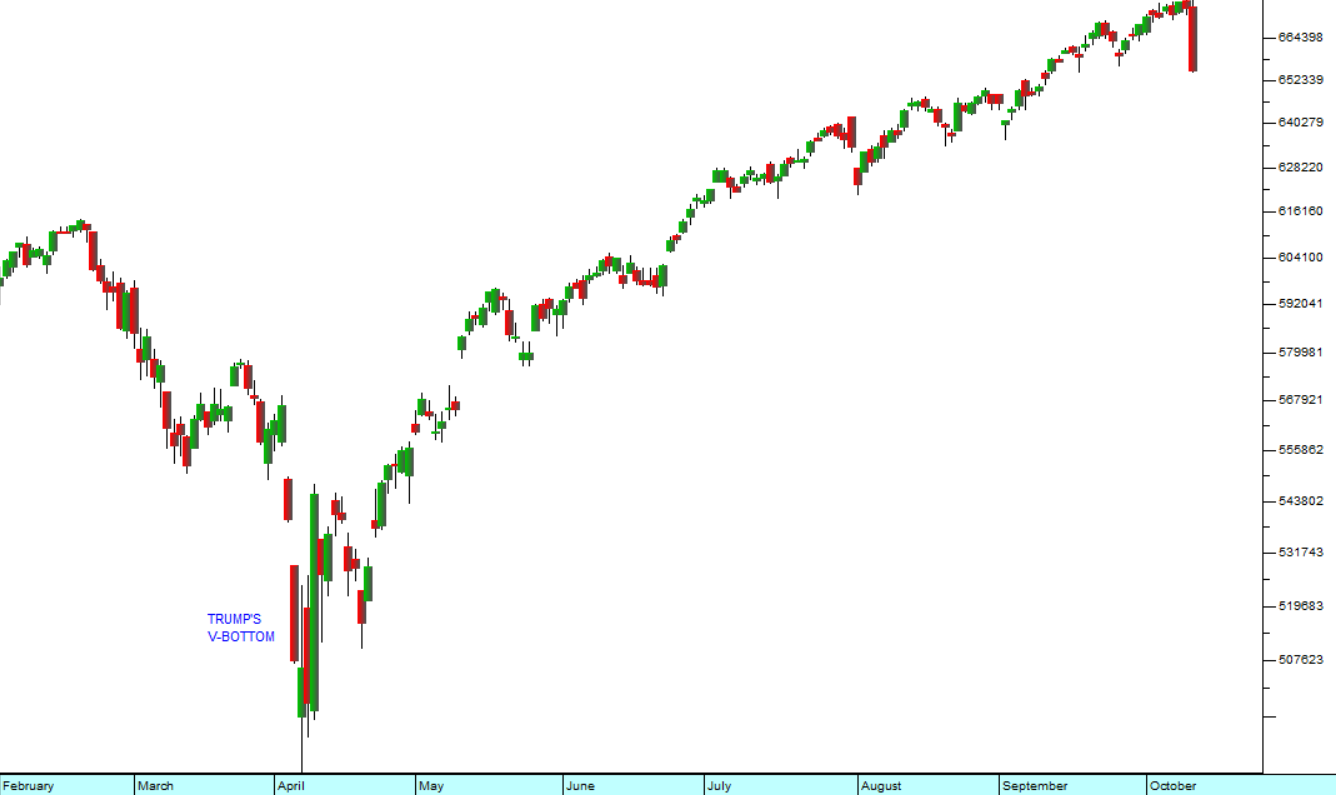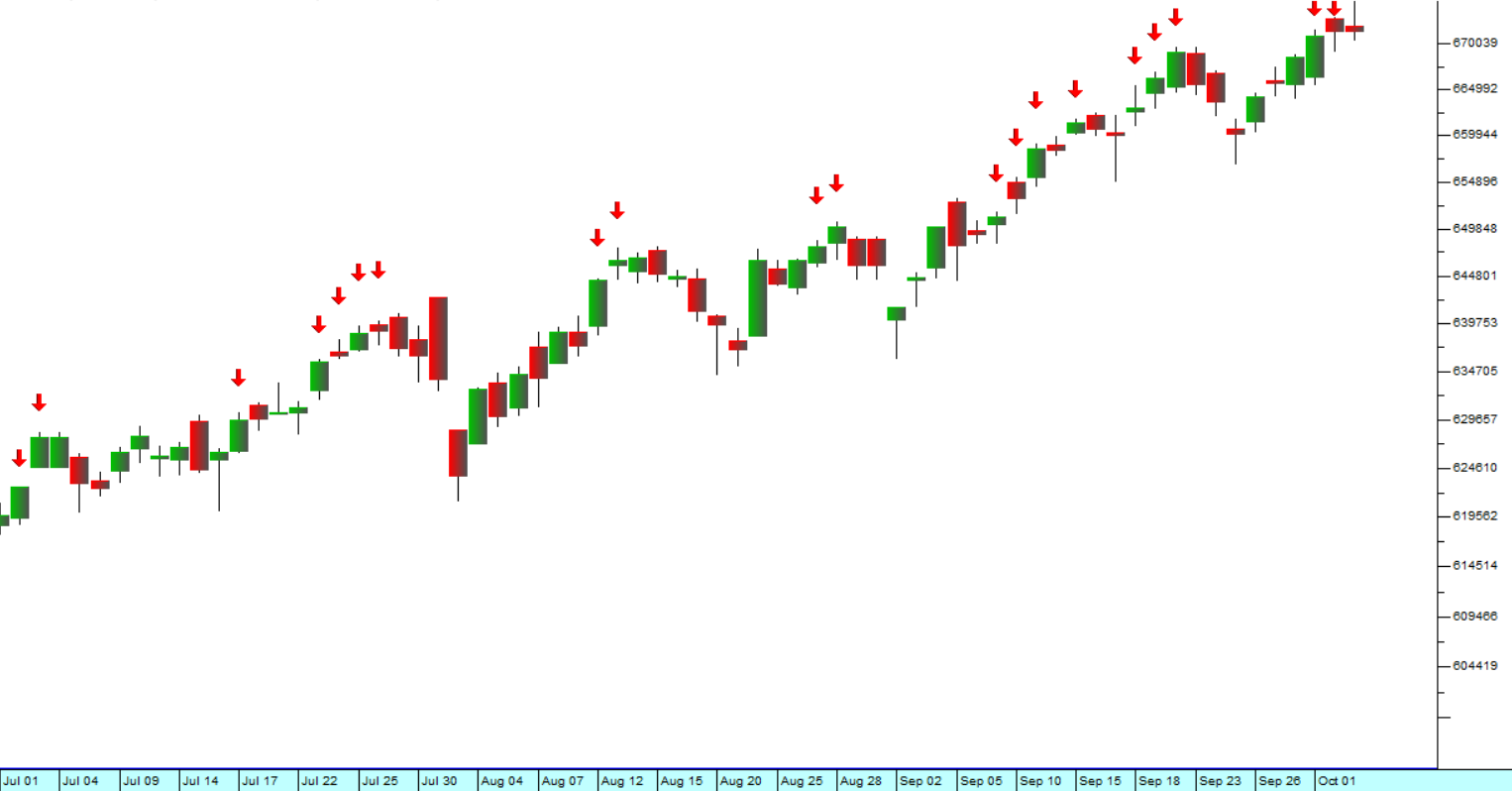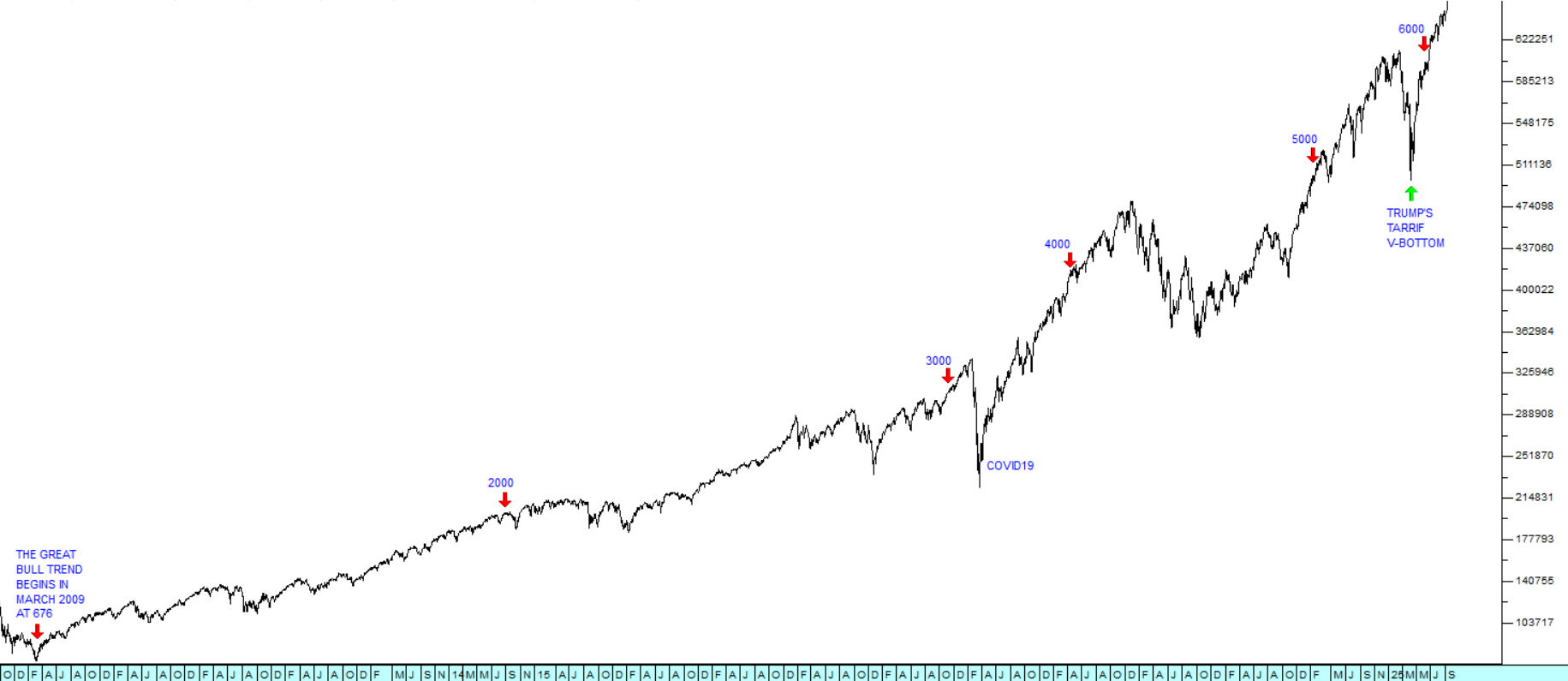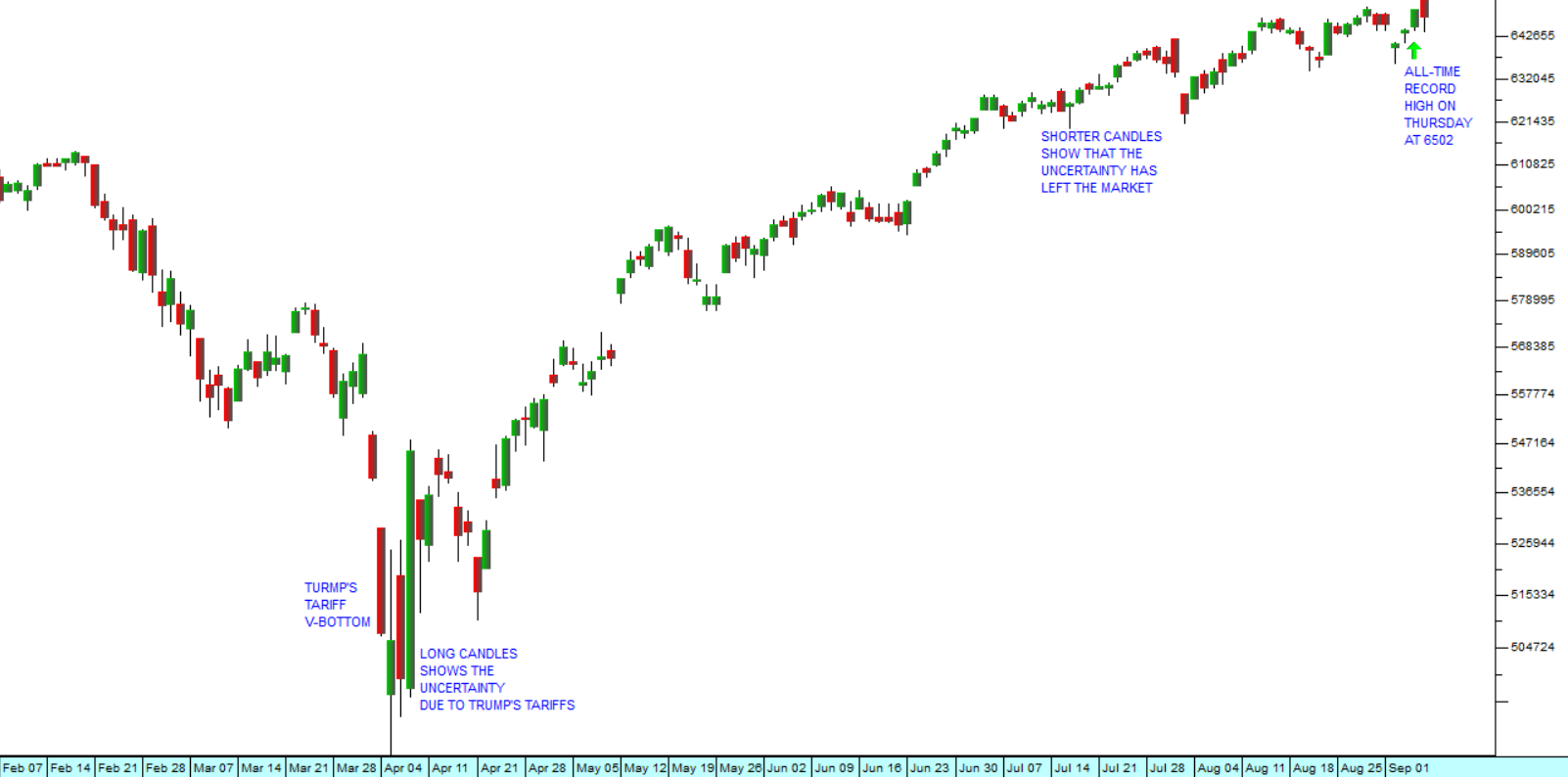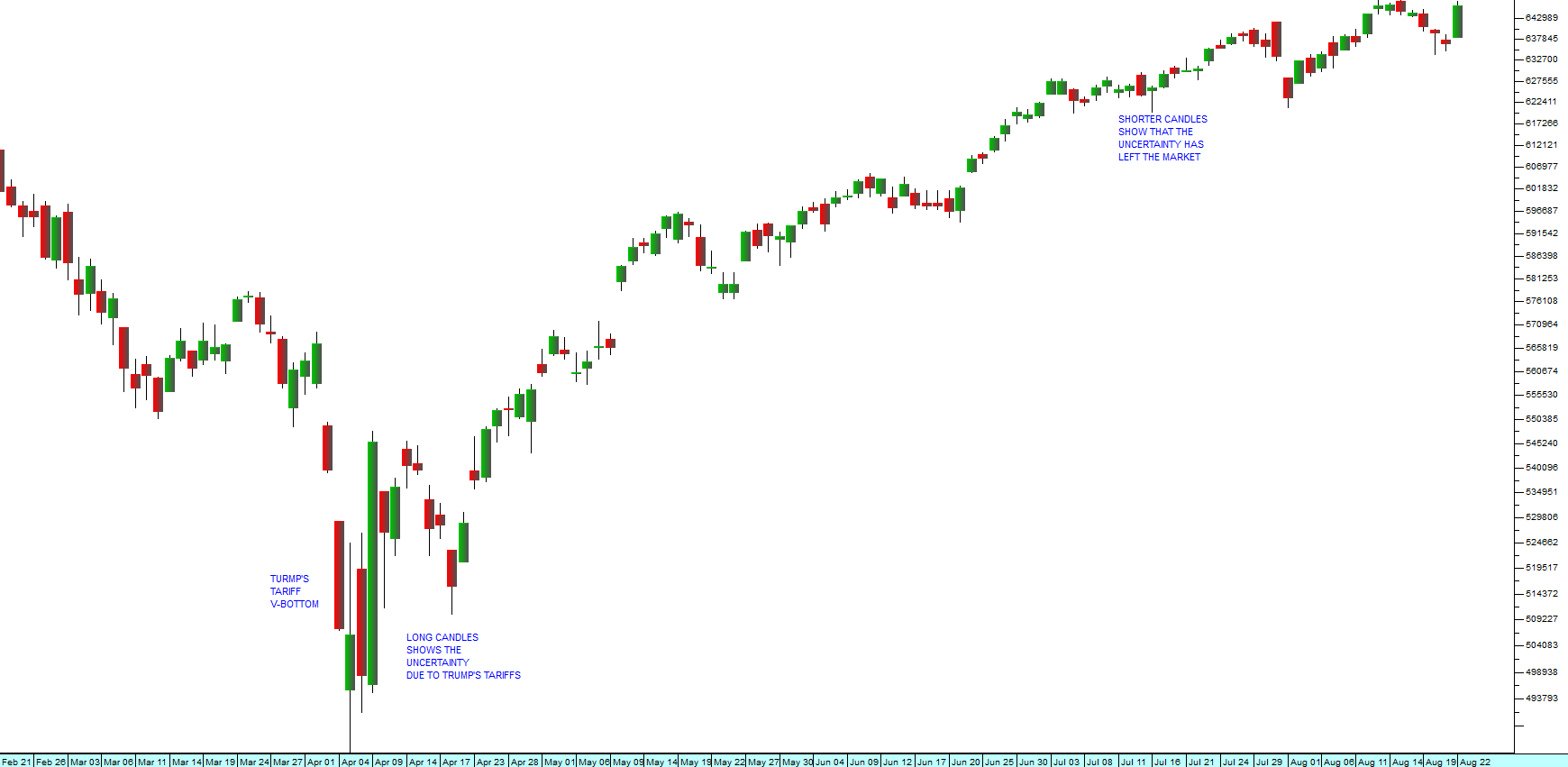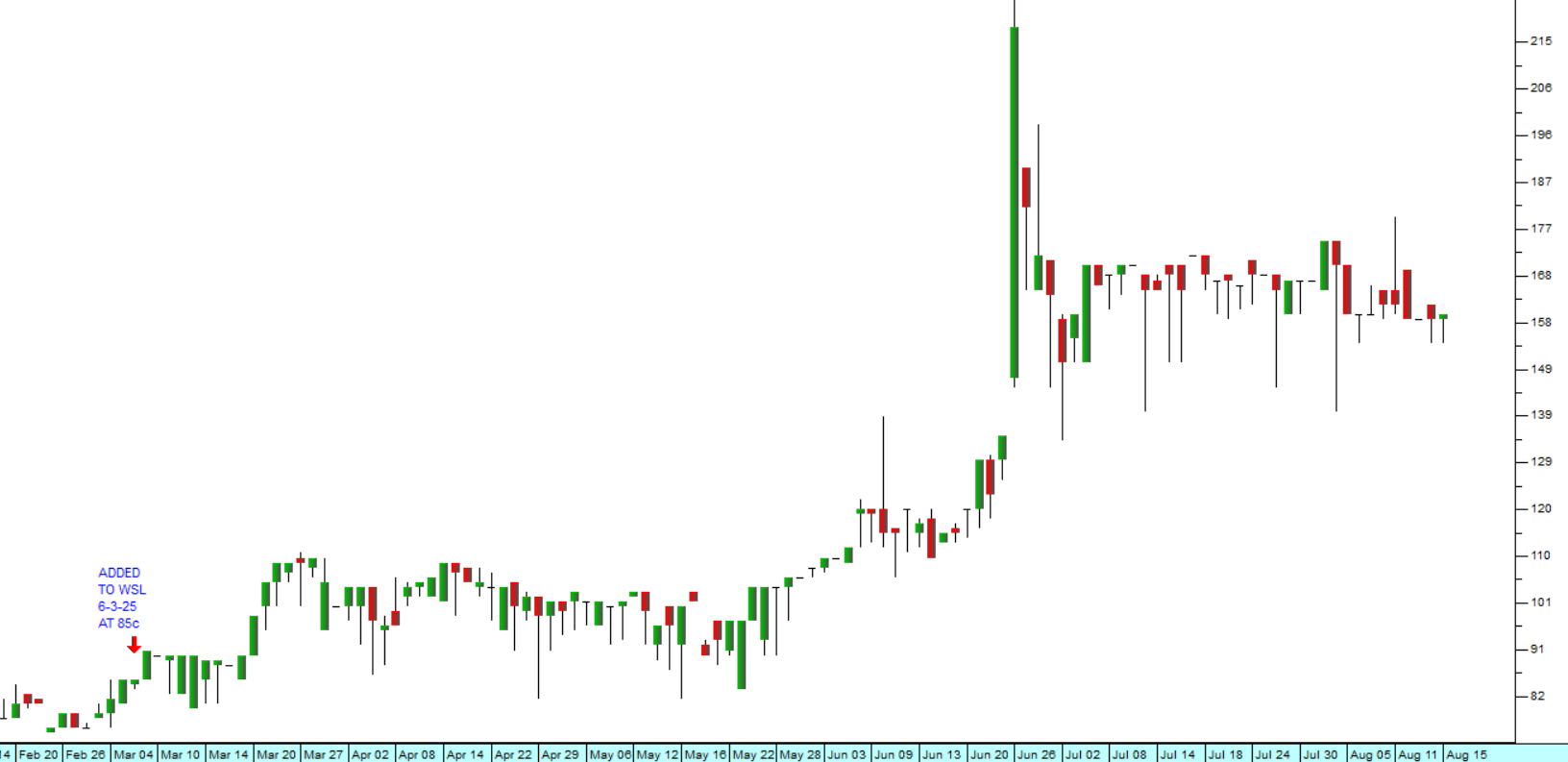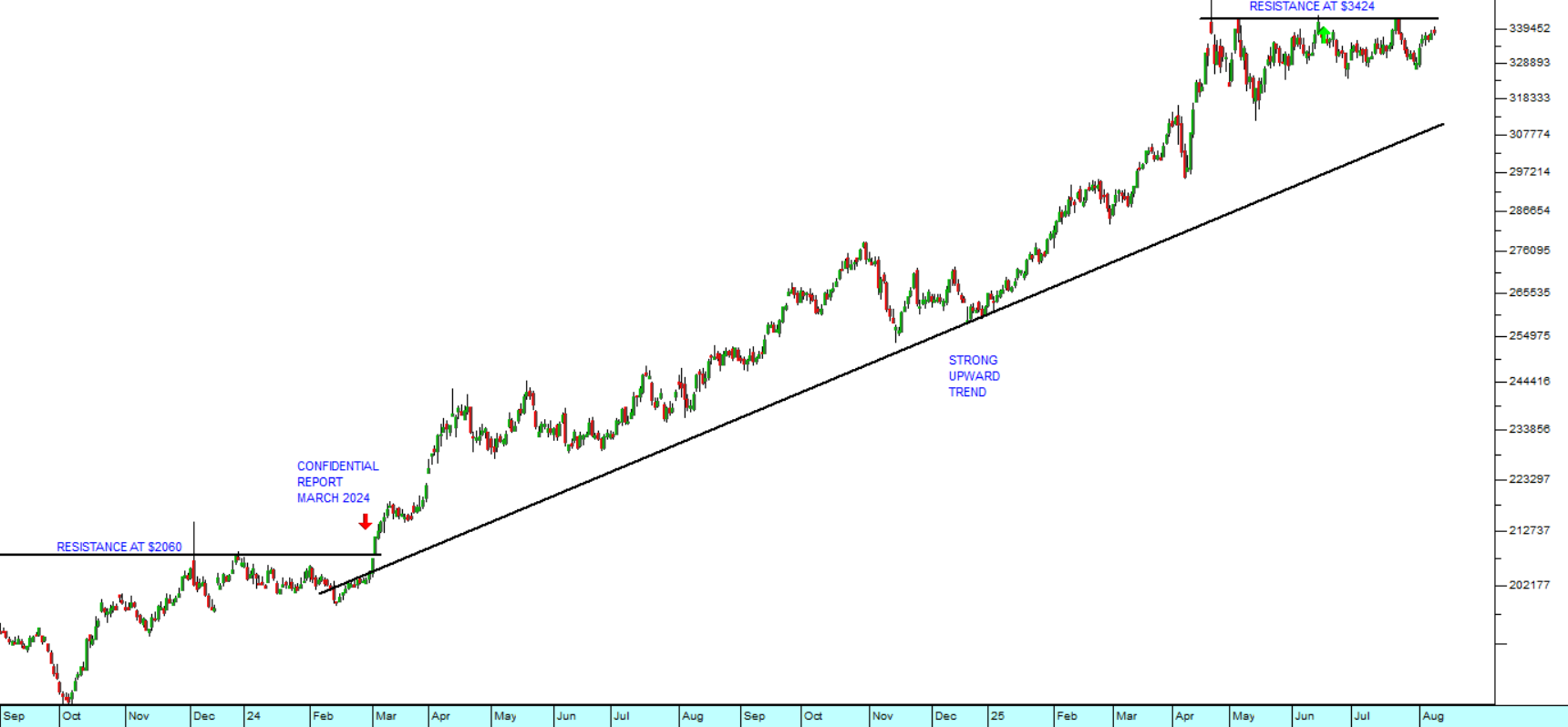City Lodge Rights Issue
15 August 2020 By PDSNETThe COVID-19 pandemic has hit few listed companies on the JSE as badly as City Lodge. Business and holiday travel has slowed to a crawl and occupancy in the second half of March 2020 fell to a dismal 16,7%. KPMG, the City Lodge auditors, drew attention to the fact that in the 9 months to 31st March 2020 the company lost R316 000 which left it in a position where its liabilities exceeded its assets by over R750 000. Clearly, the board had to do something to rectify the situation.
The decision to undertake a rights issue cannot have been an easy one. The share price was wallowing at less than R20, down from over R170, 18 months earlier in February 2018. The company was now technically insolvent, and it would be necessary to pitch the issue at a very deep discount. In the end it was decided to offer 556,5m shares to existing shareholders at 212c each in a fully underwritten rights issue.
This involved offering existing shareholders 13 new shares for every share which they already held – a massive dilution. The offer came in the form of a “renounceable nil-paid letter of allocation” or “NPL” for each new share. These NPLs are currently trading on the JSE as a separate derivative instrument (CLHN) until the 18th August 2020. Each NPL entitles the person holding it to buy one City Lodge share for 212c – so it has a value which is directly dependent on the price of City Lodge shares.
At the close of trade on Friday 14th August 2020 the NPLs were trading for 160c and City Lodge shares (CLH) were trading for 550c. Obviously, with the new shares to be issued on 18th August, the company’s share capital is massively diluted. The company gave its net asset value (NAV) as R37.40 per share with 43,574m shares in issue at 31st March 2020 giving a value of R1629,67m. The drop in the NAV from the previous year’s R43,90 was mostly due to the R344,6m impairment in the value of the company’s existing hotels based on their lower expected occupancies as a result of COVID-19. Following the rights issue, the company’s net asset value has been increased by the R1200m raised, but there are now 610m shares in issue – so that means, theoretically, the NAV per share should be 463,9c (R1629,67 + R1200m divided by 610m shares).
On the first day after the NPLs began trading on the JSE with the dilution, City Lodge’s shares fell to just 319c – which is about 45% below the company’s current theoretical NAV (463,9c).
A well-managed company like City Lodge cannot be worth 45% less than the value of its assets. At 319c it was an absolute bargain. The smart money piled into the share and drove the price up to 550c by the close of trade on Friday last week – a gain of 72% in just 7 days. The jump in price was accompanied by a huge increase in the volume traded and that gave an excellent OBV buy signal. Consider the chart:
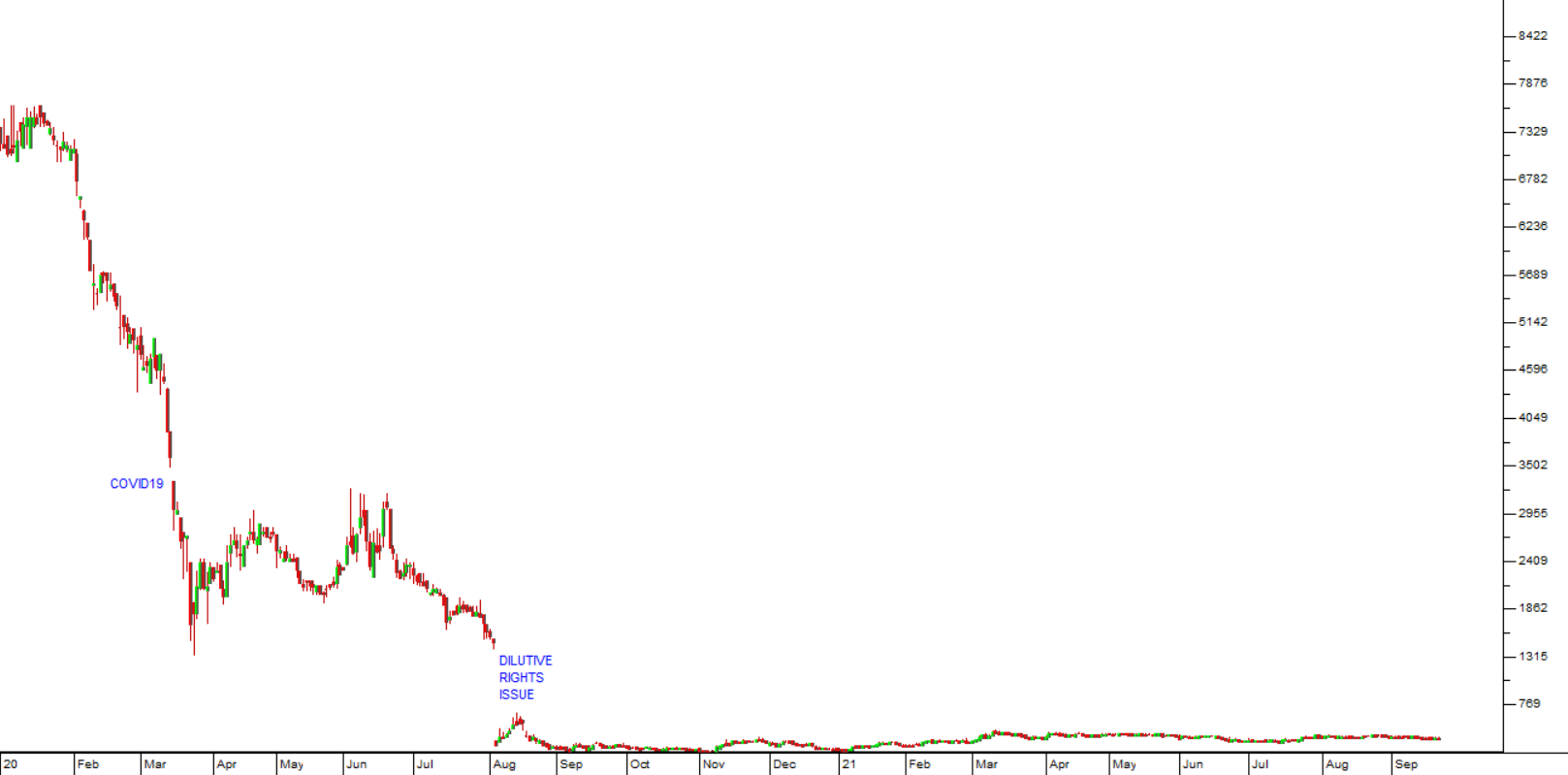
This shows the candle stick chart of the shares price at the top, the on-balance volume (OBV) chart in the middle and the volume histogram at the bottom. You can see the sharp drop in the share’s price as a result of the rights issue dilution in the top chart. The bottom chart shows the huge increase in volumes as the smart money stepped in to buy up whatever loosely-held shares were available at bargain prices. The OBV went up by 73,45% in just 3 days, giving a very convincing buy signal by Friday 7th August 2020 at a share price of 391c. Since then, during last week, the share has risen to 550c – a further gain of 40% in one week.
This shows that the alert investor can find money-making opportunities in this market, especially by following and watching the volume traded.
DISCLAIMER
All information and data contained within the PDSnet Articles is for informational purposes only. PDSnet makes no representations as to the accuracy, completeness, suitability, or validity, of any information, and shall not be liable for any errors, omissions, or any losses, injuries, or damages arising from its display or use. Information in the PDSnet Articles are based on the author’s opinion and experience and should not be considered professional financial investment advice. The ideas and strategies should never be used without first assessing your own personal and financial situation, or without consulting a financial professional. Thoughts and opinions will also change from time to time as more information is accumulated. PDSnet reserves the right to delete any comment or opinion for any reason.
Share this article:


